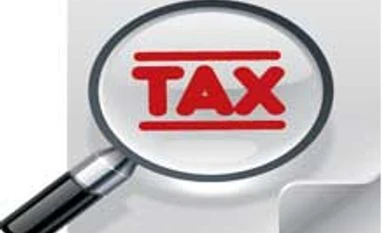The non-life insurance sector will see higher penetration among customers if tax incentives are offered, according to R Chandrasekaran, secretary-general, General Insurance Council.
Speaking at the Insure India Summit organised by Fintelekt, Chandrasekaran said the sector has sought tax incentives for health insurance under Section 80 D from the government. He added that personal lines such as home insurance should have tax benefits to push sales.
The sector has also sought a mandatory natural catastrophe cover that can be taken to cover such perils in calamity-prone areas. “This will ensure that incidents related to death, injury and damage to contents/property can be adequately covered,” he said.
The General Insurance Council has also suggested having a public liability cover mandatorily for public places.
Chandrasekaran said this would mean owners/operators/organisers of places such as stadiums, museums, theatres, large religious gatherings apart from airports and railway stations would be compulsorily required to take a public liability policy to cover possible risks.
These policies could cover the risks of loss of life and property due to accidents and other man-made incidents.
Speaking at the Insure India Summit organised by Fintelekt, Chandrasekaran said the sector has sought tax incentives for health insurance under Section 80 D from the government. He added that personal lines such as home insurance should have tax benefits to push sales.
The sector has also sought a mandatory natural catastrophe cover that can be taken to cover such perils in calamity-prone areas. “This will ensure that incidents related to death, injury and damage to contents/property can be adequately covered,” he said.
Also Read
On the issue of different rates and procedures, a cause of concern in health insurance, Chandrasekaran said having a health regulator would reduce malpractices. The sector has also taken baby steps to have standardised processes and rate structures in hospitals.
The General Insurance Council has also suggested having a public liability cover mandatorily for public places.
Chandrasekaran said this would mean owners/operators/organisers of places such as stadiums, museums, theatres, large religious gatherings apart from airports and railway stations would be compulsorily required to take a public liability policy to cover possible risks.
These policies could cover the risks of loss of life and property due to accidents and other man-made incidents.
)